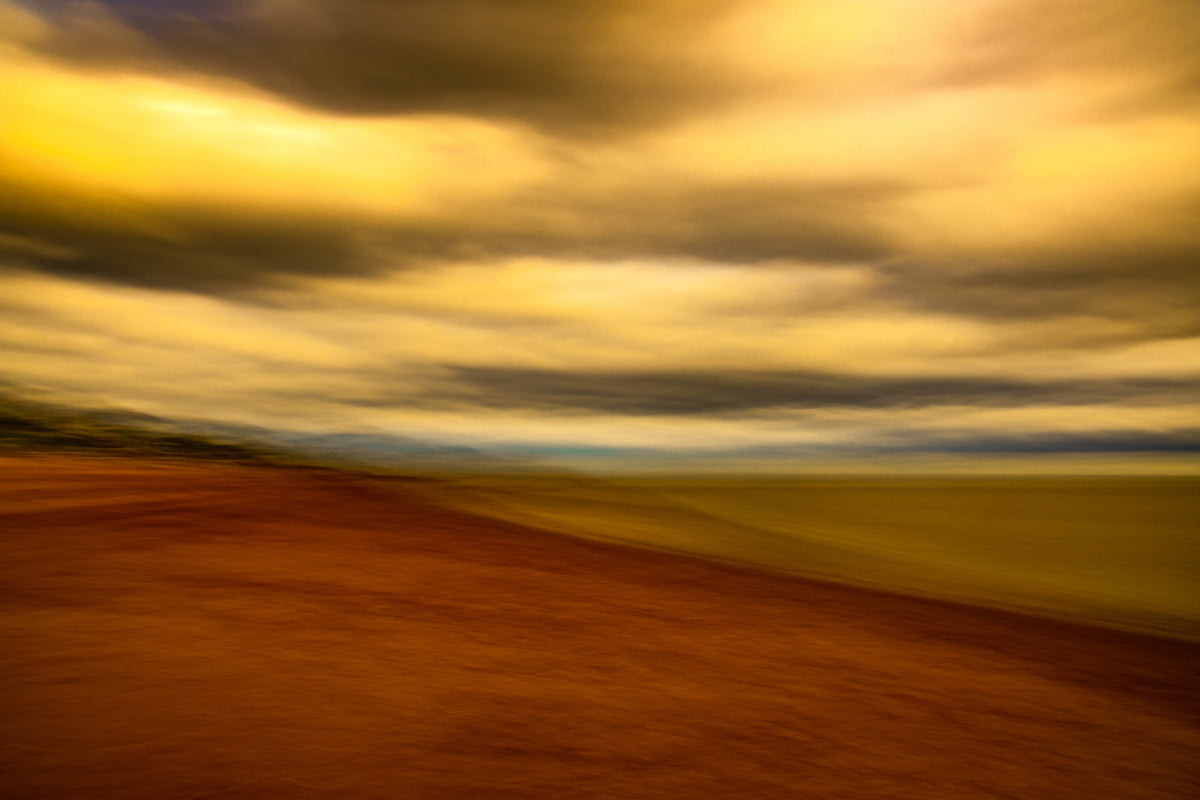The Emergence of Fusion Hybrid Art: Where Boundaries Blur and Creativity Flourishes

In the ever-evolving world of contemporary art, I discovered by accident, a new and thrilling genre that's capturing the imagination of artists and art lovers everywhere: Fusion Hybrid Art. This innovative form of expression transcends traditional boundaries, blending various mediums, techniques, and cultural influences into a harmonious and dynamic whole. But what exactly is Fusion Hybrid Art, and why is it gaining so much attention?
Defining Fusion Hybrid Art
Fusion Hybrid Art is an approach that brings together elements from different art forms and disciplines to create unique, multifaceted works. It includes a wide range of combinations, such as:
- Mixed Media: Combining painting, drawing, sculpture, photography, and digital art.
- Cultural Fusion: Merging motifs, styles, and techniques from various cultural traditions.
- Interdisciplinary Collaboration: Bringing together artists from different fields—like music, dance, literature, and visual arts—to co-create immersive experiences.
At its heart, Fusion Hybrid Art is about breaking down the barriers between distinct art forms and fostering a fluid exchange of ideas and techniques. It celebrates the interconnectedness of all creative endeavors and mirrors the complexity and diversity of our modern world.
The Origins and Evolution of Fusion Hybrid Art
The roots of Fusion Hybrid Art go back to the avant-garde movements of the early 20th century, when artists started to challenge the conventions of their time. Movements like Dadaism, Surrealism, and later, Pop Art, paved the way for more experimental and interdisciplinary approaches.
In recent years, advances in technology have further propelled the evolution of Fusion Hybrid Art. Digital tools and platforms have made it easier for artists to experiment with new mediums and collaborate across geographical and disciplinary boundaries. The result is a vibrant and ever-expanding field that continually pushes the limits of creativity.
Characteristics and Techniques
Fusion Hybrid Art is known for its eclectic and inclusive nature. Some common techniques and features include:
- Layering: Using multiple layers of different mediums to create depth and complexity.
- Juxtaposition: Placing contrasting elements side by side to highlight differences and create new meanings.
- Hybridization: Blending distinct styles or motifs to form a cohesive, unified piece.
- Interactivity: Engaging the audience through interactive elements, often facilitated by digital technologies.
These techniques allow artists to explore new dimensions of expression and engage viewers in novel and thought-provoking ways.
I myself, currently use fabric compositions that I then photograph. I create a bespoke digital colour palette from the photo and use this to create the final piece. I have in the past used flowers, and coloured balls using the same technique.
Notable Artists and Works
Several contemporary artists have significantly contributed to the development and recognition of Fusion Hybrid Art. Notable figures include:
- Yayoi Kusama: Known for her immersive installations that blend sculpture, painting, and digital elements.
- Ai Weiwei: An artist who combines traditional Chinese craftsmanship with modern conceptual art.
- Kara Walker: Famed for her powerful works that merge drawing, painting, and sculpture to address complex social issues.
These artists exemplify the spirit of Fusion Hybrid Art, using their diverse talents to create works that resonate on multiple levels.
The Impact and Future of Fusion Hybrid Art
Fusion Hybrid Art has a profound impact on the art world and beyond. It challenges conventional notions of genre and medium, encourages cross-cultural dialogue, and fosters a spirit of innovation and experimentation. As the boundaries between art forms continue to blur, Fusion Hybrid Art is likely to play an increasingly prominent role in shaping the future of artistic expression.
For artists, collectors, and enthusiasts like us, Fusion Hybrid Art offers an exciting and limitless frontier. It invites us to see the world through a multifaceted lens and to appreciate the beauty that arises when different forms of creativity converge.
In conclusion, Fusion Hybrid Art represents a bold and dynamic shift in the art world, embracing the complexity and interconnectedness of our global culture. By transcending traditional boundaries and fostering interdisciplinary collaboration, it opens up new possibilities for artistic expression and enriches our collective experience of art. As we look to the future, Fusion Hybrid Art promises to continue inspiring and challenging us, reminding us of the endless potential of human creativity